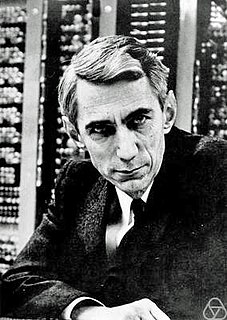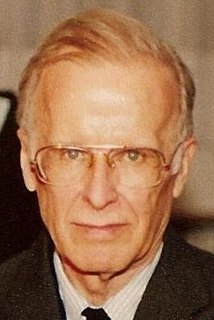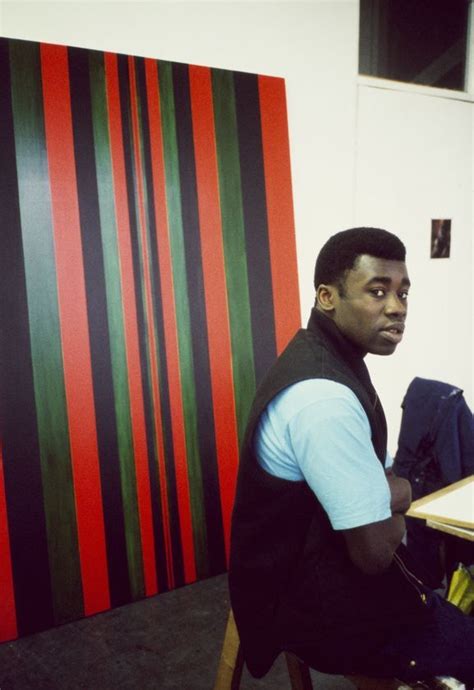A Quote by Warren MacKenzie
If you didn't know what you were trying to do, [Robert von Neumann] wouldn't say a word. He would just turn and walk away. So you very quickly learned to think that you'd better be attempting to do something in that painting class.
Related Quotes
It was a figure painting class, where you had a model, and [Robert von Neumann ] would wander around and he'd come up behind someone and say, "Well, what are you trying to do?" And if you told him what you were trying to do, he would then proceed to discuss this with you and suggest things that you might look at and ways in which you could improve what you were attempting to do, etc - never worked on your painting, never touched your painting but talked extensively about what you were trying to do.
There was a seminar for advanced students in Zürich that I was teaching and von Neumann was in the class. I came to a certain theorem, and I said it is not proved and it may be difficult. Von Neumann didn't say anything but after five minutes he raised his hand. When I called on him he went to the blackboard and proceeded to write down the proof. After that I was afraid of von Neumann.
The two teachers that I had in the Art Institute who affected me the most were Kathleen Blackshear and Robert von Neumann; Kathleen Blackshear because she taught a class called design - I can't remember, design something, and in this class - it met once a week - we would do work centered around some theme, word or subject or technique or whatever, and bring it in for a three-hour discussion. And Kathleen was able, in watching and looking at our work, to direct us to all kinds of things which might relate to what we were trying to do, but she never attempted to tell us what to do.
John von Neumann gave me an interesting idea: that you don't have to be responsible for the world that you're in. So I have developed a very powerful sense of social irresponsibility as a result of von Neumann's advice. It's made me a very happy man ever since. But it was von Neumann who put the seed in that grew into my active irresponsibility!
When I started that's how I wrote because I didn't know any better. I was just like "I want to make music." Then there were all these things that I learned to get myself over certain humps, but I think it just comes down to: do I have something to say or not? If I'm feeling something I should try to get that out, and maybe it's not words, but trying to turn it into something.
My greatest concern was what to call it. I thought of calling it 'information,' but the word was overly used, so I decided to call it 'uncertainty.' When I discussed it with John von Neumann, he had a better idea. Von Neumann told me, 'You should call it entropy, for two reasons. In the first place your uncertainty function has been used in statistical mechanics under that name, so it already has a name. In the second place, and more important, no one really knows what entropy really is, so in a debate you will always have the advantage.'
Von Neumann languages do not have useful properties for reasoning about programs. Axiomatic and denotational semantics are precise tools for describing and understanding conventional programs, but they only talk about them and cannot alter their ungainly properties. Unlike von Neumann languages, the language of ordinary algebra is suitable both for stating its laws and for transforming an equation into its solution, all within the "language."
When I was painting in art school - and I think many painters in the 1980s worked similarly - a finished painting would often be constructed from lots of other paintings underneath. Some of these individual layers of painting were better than others, but that was something that you would often only realise retrospectively.
If I'm a director and I read a script and I say yeah I really want to do this, I would never walk away because the deal wasn't very good - that I wasn't getting paid very much or that the chances that I would see anything on the back end were remote because of the financial waterfall and the way it's structured. I would never use that as a reason not to do something.
I wouldn't say the anthropologists were making art, but they were definitely justifying their practices with very personal reasoning, passion, and they were also experimenting with form. There was a sense of trying to be as sincere as possible, whether you were investigating something far away from you or very close.





























